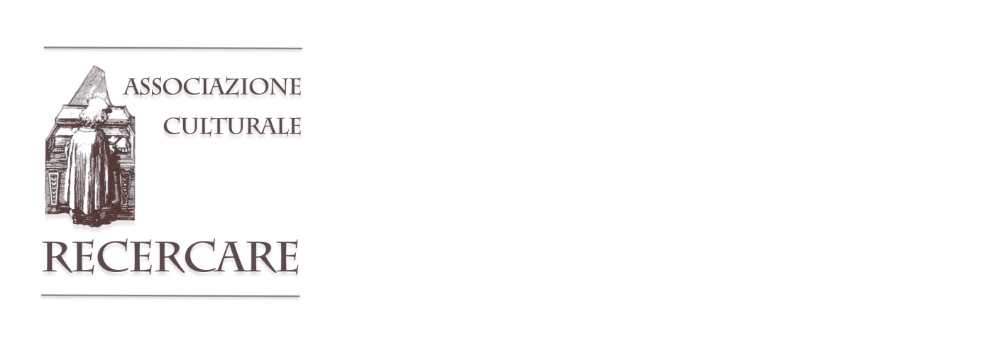Recercare Cultural Association
PROMUS Project
(Prosopography of major and minor musicians active in Rome in the XIV - XX centuries)
Since the Middle Ages Rome has notoriously been the venue for several courts (papal, cardinal, princely, aristocratic, high bourgeois, etc.) and for important institutions (municipal authorities, diplomatic offices, universities, educational colleges, seminaries , convents, congregations, corporations, basilicas and churches, oratories, etc.). In all these environments, musical activities were omnipresent in official, liturgical, spiritual, social and popular functions, as well as in leisure and entertainment times.
The capital of the Papal State (later of the Kingdom of Italy and, eventually, of the Italian State), because of this complex political situation, has always determined the course of musical profession. Composers, organists, singers and players from Papal State as well as from other states of Italy and different European geographical areas, were mostly attracted by the roman musical environment. Thousand of them were therefore involved and employed in public, private and religious institutions, as the archives, diaries and historical documents show. Their names and roles are provided by hundreds of publications, which are the result of a long research made by the Anglo-Saxon (starting from about 1820) and Italian (from the last quarter of the nineteenth century) musicologists.
A remarkable number of minor personalities, whose role was nonetheless important for the musical life of past centuries alongside the great figures, needs still to be brought into focus.
We strongly believe that the progress of musical historiographical research is only possible with a better knowledge of the artistic and social fabric where professional musicians, both major and minor, were active. The PROMUS project aims to give a contribution to this knowledge by creating a database of names and professional profiles of many musicians and performers active in Rome in the XIV - XX centuries, collecting as much information as possible about them from the thousand scattered documents and from the significant number of publications.
Responsible for the project: Benedetto Cipriani, Emanuele Maraschini, Giancarlo Rostirolla
Responsible for the software: Ruggero Allamprese, Francesco Maraschini, Ugo Trittico
The history of the project
Toward the end of 1990s, Recercare Cultural Association decided to collect in an archive document the several thousand cards and data collated by Giancarlo Rostirolla, founder of the Association. The data were organized in alphabetical order by names of musicians (more than 4500 names), and made available to anyone interested in looking at them.
In 1998 Juliane Riepe, fellow at Deutsche Historische Institut - Musikabteilung, planned a similar project and proposed it to Markus Engelhardt, the then director of the Institute, who strongly wanted to support it by asking the German government for a financial contribution. As that project met exactly that one of Recercare, an agreement was reached between Juliane Riepe, Markus Engelhardt and Giancarlo Rostirolla, who wanted merge their energy toward the same aim. Unfortunately, the German government declined the contributions and as a consequence the joint project with the DHI-Musikabteilung could not be started. When Riepe left Rome and moved to the University of Halle, she tried to realize his project there.
Between 1999 and 2000 Recercare wanted to create its own project, giving life to PROMUS, for which the Association used its, albeit small, economic resource. Ruggero Allamprese was asked to design a software in order to create a database and Christine Streuhbuehr volunteered to join the project, doing the musicological work. Both Allamprese and Streuhbuehr worked for some time in the spirit of the most disinterested collaboration to develop a suitable system. In 2004, when Allamprese moved out of Rome, the IT project, which had almost reached a good stage with him, was entrusted to Francesco Maraschini. Over a few months, also thanks to the support of Delphia Informatica, managed by Ugo Tritticco, Maraschini finalized the system, preparing an instruction book with technical advices for users and for data entry.


